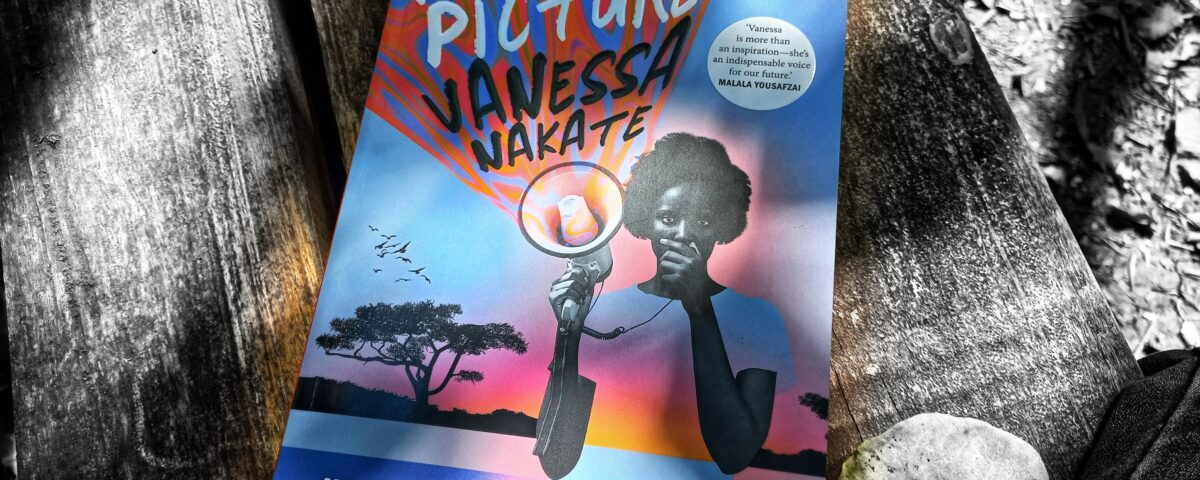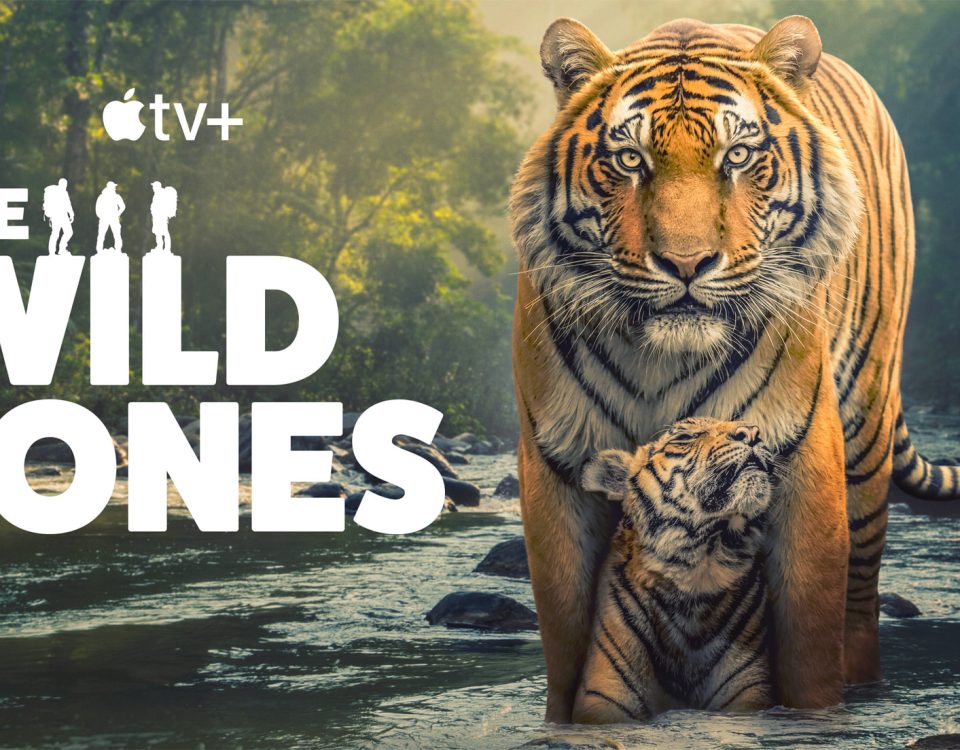A Bigger Picture by Vanessa Nakate [Book Review]

Will the Omicron Variant threaten vital informal urban food trade like the previous variants?
30th December 2021
How leaders can accelerate the action we need to protect the planet
11th March 2022“We can’t let leaders believe that they can do what they want because there aren’t enough people who care or who aren’t bothered about the wrong direction they’re taking us in.”
– Vanessa Nakate
Vanessa Nakate’s first book, A Bigger Picture, is a powerful story, a memoir and a manifesto about climate justice. As a climate activist from Uganda, she shares her personal story on climate justice from an African perspective. With a brave and fearless soul, she brings to light the climate injustices facing Africa. A continent that contributes only about two to three percent of global greenhouse gas emissions to the changing climate, but stands out as the most vulnerable region in the world.
Being vulnerable can be daunting for anyone to share with a large group of people, even with oneself. I loved that Nakate shared how she goes through burnout, the social media abuse she has faced, how her shyness impacts her activism life and how she doesn’t like drawing attention to herself, yet she chooses to be bold. Her struggles are real and should be acknowledged, as she shares “I reminded myself that our messages had to be brought to the public regardless of how uncomfortable it was”.
Vanessa Nakate is personal. Very personal and I love it. She is not afraid to share her experiences. Be it how she felt when she was cropped out of a photo taken at the World Economic Forum in Switzerland in 2020 by the Associated Press, the lessons she learnt from that experience or her interaction with her family members after the ordeal. She was representing the global south yet it seemed like climate change was not an issue facing Africa, a continent that is heavily impacted by the crisis.
It’s very difficult to understand anything when it is not relatable. She shares with us her trials, successes and failures. As an African when she says ‘Matatu’ you don’t have to wonder what this is. You get to understand that, she too, as a climate activist, is speaking for us all and is not in this alone, we are all in it. She is unafraid to bash the Global North for the ills they have caused on planet Earth. This is inspiring.
Every so often, you will read words that are too complex. I want to say jargon, but that is also a heavy word. Nakate uniquely explains the most complex issues such as carbon sequestration and what happens when deforestation occurs, for anyone to understand. Maybe because she has had to learn about them and is not a scientist or expert and also because she has to explain the science to others in the simplest of languages. She has also gone ahead to highlight the staggering figures and numbers that plague the climate change scene, paying more attention to the science behind it and what everyone needs to know. A well thought out factual storyline.
Nakate also speaks truth to power to what I highly believe in when she writes “while planting trees indigenous to their regions is valuable, it’s not a replacement for protecting existing forests or restoring degraded woodlands”. We have become so obsessed with planting trees. But we should, now more than ever, also focus on protecting the forests and trees we already have, advocate for clean alternative sources of energy and educate each other on the importance of forests and trees that are older than us. We found them here and it would be amazing for the planet if we left them here.
Through the Vash Green Schools project which she founded, Nakate illustrates the need for the creation of green jobs. She also highlights how our consumption habits and poor unregulated production practices are a huge threat facing the present and future generations. She calls for the effective implementation of policies and clearly guided directions around single-use plastics production, the food and agricultural system as well as increased awareness among citizens. It’s no surprise that climate action is a bigger part of her book.
By showcasing other climate activists in Africa, Nakate shows us that she is not the only one advocating for climate action in Africa. From Leah Namugerwa from Uganda who is advocating for the protection of Bugoma Forest to Adenike Titilope Oladosu who is specialising in peace, security and equality in the Lake Chad region, to Kenya’s Elizabeth Wathuti who is fostering a tree-growing culture, and providing environmental education and stewardship among school children.
Women and girls face the biggest brunt when it comes to the effects of climate change. Girls will walk for long distances in search of water and firewood. This means that for many, they will not go to school. As women cook meals over firewood, they are at risk of respiratory diseases. Nakate highlights these issues and more, the importance of educating girls and embedding climate change in the school curriculum as well as recognising how gender equality plays a critical role in solving the climate crisis.
What struck me most was the statement “the climate crisis can’t be solved without achieving racial justice too” as she highlights the numerous injustices that have happened over the years in the black community, indigenous people, and in Africa. The truth is, we cannot talk about climate change until we talk about the simple, yet not easily accessed services such as clean drinking water, healthy food and a clean and healthy environment which is a human right. These services are indeed provided by nature as ecosystem services, but for underprivileged communities and societies, their health is compromised as a result of water, soil and air pollution.
What I enjoyed most in A Bigger Picture were the nuggets of wisdom Nakate shares with us. The sentences that make you stop for a minute, even a day, to think about them and what they mean. One which made me think is “when people are empowered, they will accept responsibility”. I leave it here and action you to think too. Her outline of the Sustainable Development Goals (SDGs) and how they are all connected to SDG 13 on Climate Action is profound. These goals whose timeline is by 2030 may seem big and difficult to comprehend, but if you can’t explain them to a child then you do not understand what they mean and cannot explain them to others. She has done justice to all the 17 goals.
My only concern, as a wildlife ecologist, is the missing aspect of wildlife that are facing new challenges of survival because of climate change. Numerous wildlife species are the biggest indicators of a changing climate. From birds to reptiles to insects such as bees. As we speak for humans, we should also remember wildlife. Conservation is not a single story. We are all a part of nature, as I always say. As more wildlife species face extinction, the closer we are heading in the same direction.
Nakate finishes her book by sharing what anyone can do to join the climate justice movement. You can start by educating yourself, listening, speaking out and even the simple act of taking care of yourself as a climate activist. All these are important in a world where people will choose to believe what they want, not because they don’t have a choice, but because sometimes they don’t and they need to be empowered. Remember, “change is already happening”.
In Kenya, A Bigger Picture by Vanessa Nakate is available at Text Book Centre. Globally, you can buy the book here.




